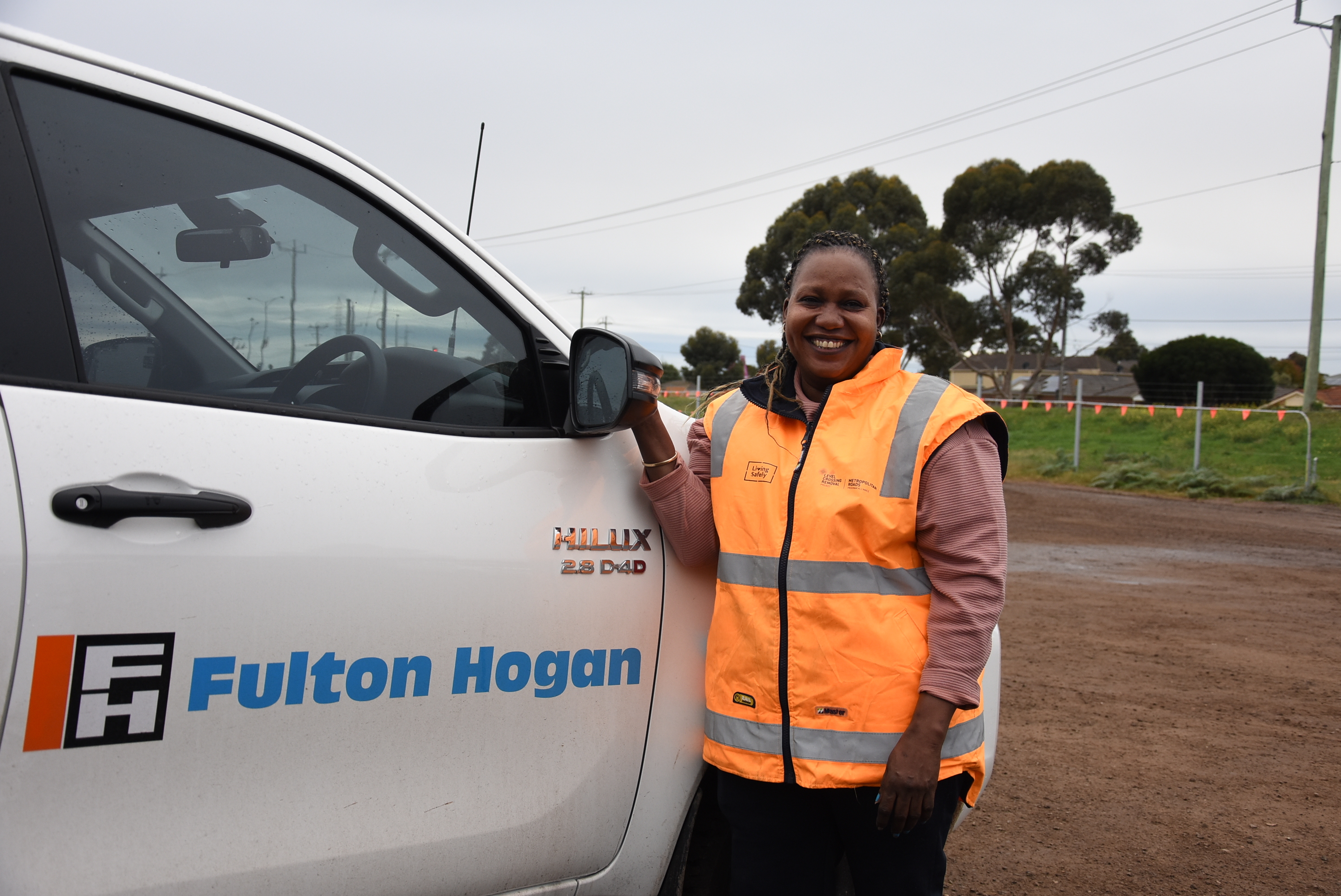Created employment opportunities through social procurement
We’re working to unlock the significant potential of ‘social procurement’ to create employment for people experiencing disadvantage.
Over the past decade, BSL has developed recognised expertise in working productively with employers to secure mutually beneficial employment outcomes for job seekers experiencing disadvantage.
A significant focus for our programs and policy work is on social procurement. Social procurement refers to the process through which public and private sector organisations use their purchasing power to generate positive social, economic and environmental benefits.
The public sector alone spends billions purchasing goods and services. Directing this purchasing power in the right way can have a significant impact on tackling the barriers faced by disadvantaged job seekers. This can include buying goods and services from social enterprises, Aboriginal businesses, Australian disability enterprises and suppliers that help people who find it hard to get a job. It can also mean providing jobs for job seekers who have struggled to get a foothold into work.
In November 2020, through a partnership with the Victorian Parliamentary Library, we developed a paper on social procurement titled, The promise of social procurement: leveraging purchasing power to create inclusive employment opportunities . This paper highlights the untapped potential of the purchasing power of public and private sectors to provide jobs for job seekers. We have actively shared this research with government and businesses in a variety of forms to advance understanding and uptake of social procurement practices.

Working with employers to deliver benefits for people experiencing disadvantage: A case study
Our policy work on social procurement is underpinned by our deep learning from practice through our Given the Chance program.
Given the Chance (GtC) is our accredited social enterprise, licensed labour-hire provider, and registered Group Training Organisation that provides tailored support to job candidates and employers wishing to build more inclusive workplaces.
GtC has been working with large employers like Fulton Hogan , a company that employs more than 7,000 people in the construction and infrastructure industries, and is involved in large-scale government projects. Over the past two years, Fulton Hogan has worked with GtC to employ candidates who had been experiencing disadvantage.

We support employers to develop their understanding of best practice approaches to employing people who have experienced disadvantage, meeting their social procurement requirements and developing their skills in maximising the contribution of disadvantaged jobseekers to their organisation. This includes working with them to develop employment pathways for diverse candidates, training on strategies for successfully supervising and supporting disadvantaged and diverse candidates in the workplace, candidate preparation for work and career progression and providing support officers to address any issues once employment has commenced.
In Victoria, GtC and Fulton Hogan supported 18 candidates into roles since 2020. The roles were varied, ranging from occupational health and safety officers, site cleaners, asset collectors and civil construction apprentices, to business administration traineeships, office management and accounts payable roles.
Candidates have included Aboriginal and Torres Strait Islander peoples, those from refugee and migrant backgrounds, long-term unemployed, youth and mature-aged job seekers. About 50 per cent were women in a male-dominated profession.
A 78% retention rate proves the success that can be achieved by providing disadvantaged job seekers opportunities into employment.